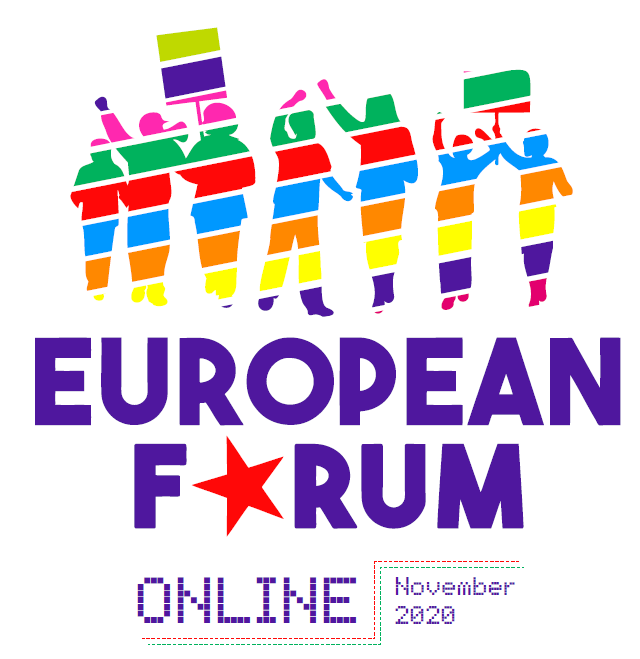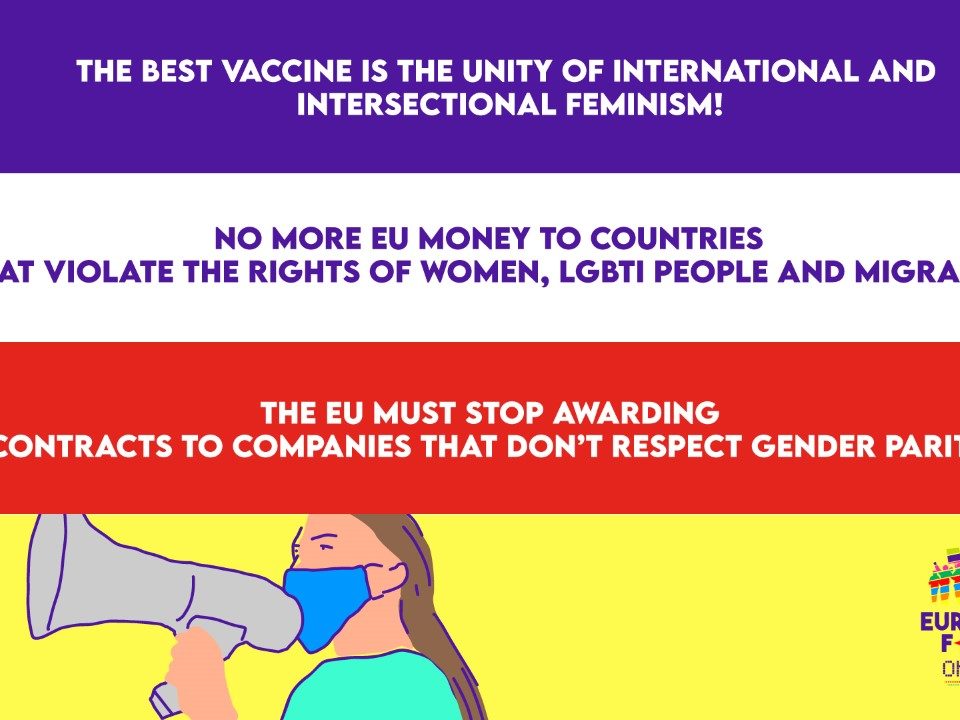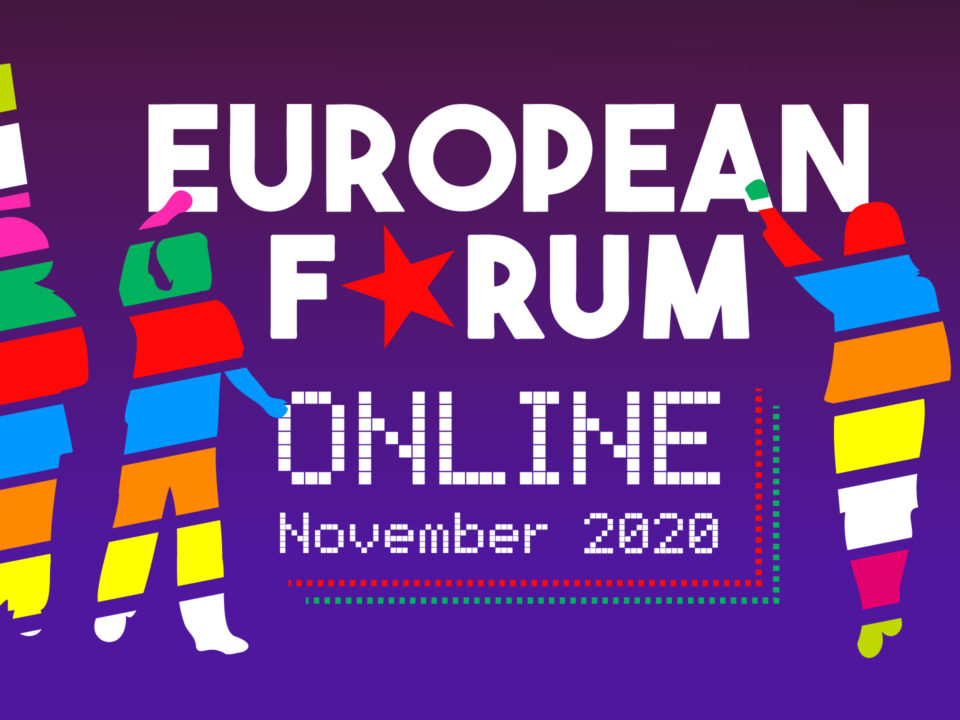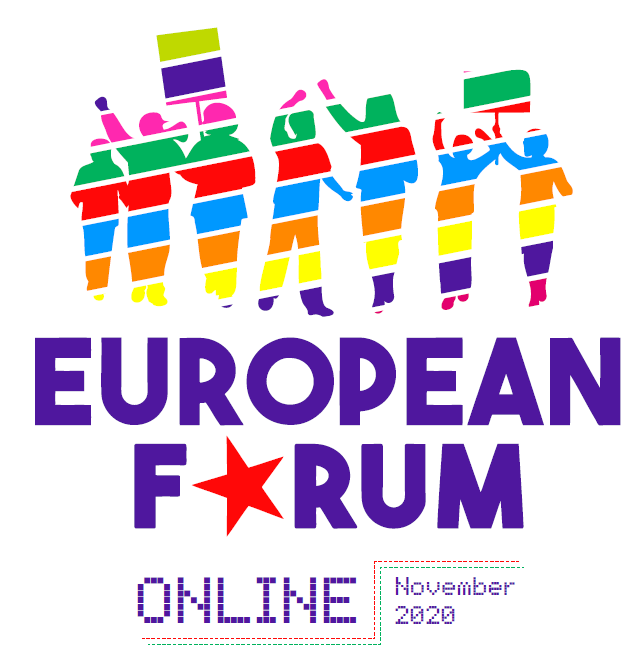
Youth Assembly Manifesto
November 18, 2020
Global warming: What fair and inclusive ecological transition?
November 19, 2020REPORT
Participants: Rasmus Andresen (MEP Greens/EFA, Germany); Costas Mavrides (MEP S&D, Cyprus); Luca Visentini (General Secretary of European Trade Union Confederation, ETUC); Moderator: Dimitrios Papadimoulis (MEP, Syriza)
On 16 November 2020, Hungary and Poland vetoed the Multiannual Financial Framework and European Recovery Instrument – Next Generation EU Package over the Rule of Law conditionality, taking the entire European Union hostage, while a second wave of Covid-19 pandemic is stressing European healthcare systems to their limits.
Public spending on healthcare gains an even greater importance and the creation of a Common European Ηealth policy seems more necessary than ever. Τhe European Union is called to prove its core values and show solidarity to tackle the escalating social and economic impact of the Covid-19 pandemic. The pandemic has asymmetric consequences to different Member States and groups of people. affecting mostly the most vulnerable and widening the already existing inequalities. It is now, more than ever, important to defend civil rights and the Rule of Law across the Union and accelerate the digital transformation in order to tackle digital inequalities. Overall, in the post-pandemic era, there is a growing need for “more” Europe and that should be reflected in the European budget. However, is the European response sufficient? In what areas should we give/do more?
S&D MEP Costas Mavrides, co-rapporteur of the Recovery and Resilience Facility (main vehicle of the NGEU Recovery Instrument) states he is satisfied with the progress in all green aspects, the widening of scope of the instrument, the inclusion of Rule of Law but is worried that assessment of national plans might result in macro-economic conditionality and sanctions. MEP Rasmus Andresen (Greens/EFA) recognizes the big steps in the climate issues but still finds them insufficient. He suggests extra funding for NGOs working on LGBTQI+ rights, human rights and the respect of Rule of Law. He also strongly supports the alliance of progressive forces in Europe to promote and stand for these issues. The General Secretary of ETUC, Luca Vicentini, welcomes the compromise deal achieved on MFF 2021-2027 & NGEU but sees “gaps” in the Just Transition and Social policies, specifically in employment issues such as securing a European minimum wage, collective bargaining and narrowing the gender pay-gap. He warns also that by the time recovery funds become actually available to Member States (mid-June) they might be insufficient to tackle the magnitude of the on-going crisis. He suggests also the prolongation of emergency instruments such as SURE and the guarantee of salary compensation during the lockdown across the European Union.
Conclusion
A lot of opportunities but also challenges lie ahead of us. The review and if necessary extension of emergency instruments and measures should be examined with emphasis in health & social security, employment, monitoring the use of recovery funds and the just transition.
Niki Cheilakou





